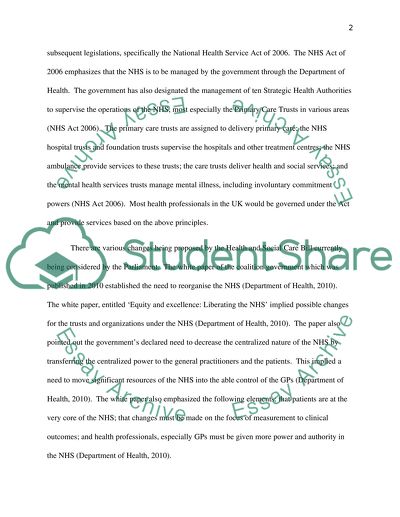Cite this document
(“NHS change in Health and social Care Essay Example | Topics and Well Written Essays - 1500 words”, n.d.)
Retrieved de https://studentshare.org/health-sciences-medicine/1443751-nhs-change-in-health-and-social-care
Retrieved de https://studentshare.org/health-sciences-medicine/1443751-nhs-change-in-health-and-social-care
(NHS Change in Health and Social Care Essay Example | Topics and Well Written Essays - 1500 Words)
https://studentshare.org/health-sciences-medicine/1443751-nhs-change-in-health-and-social-care.
https://studentshare.org/health-sciences-medicine/1443751-nhs-change-in-health-and-social-care.
“NHS Change in Health and Social Care Essay Example | Topics and Well Written Essays - 1500 Words”, n.d. https://studentshare.org/health-sciences-medicine/1443751-nhs-change-in-health-and-social-care.


